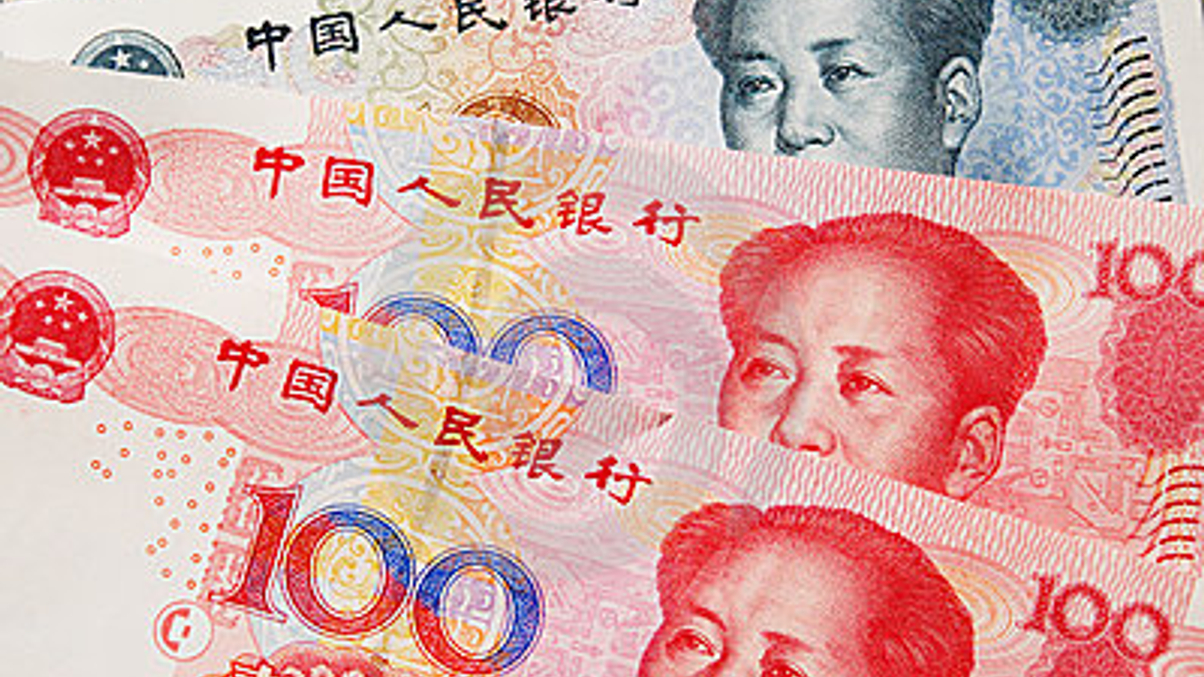Regulator awards fresh QFII, RQFII quotas
Canada Pension Plan Investment Board receives the biggest of eight QFII quotas, while six RQFII players are singled out, including three new entrants.

China’s foreign exchange regulator has handed $1.4 billion in fresh quotas to eight QFII licence holders, and Rmb19 billion ($3 billion) to six RQFII players.
Sign in to read on!
Registered users get 2 free articles in 30 days.
Subscribers have full unlimited access to AsianInvestor
Not signed up? New users get 2 free articles per month, plus a 7-day unlimited free trial.
¬ Haymarket Media Limited. All rights reserved.


